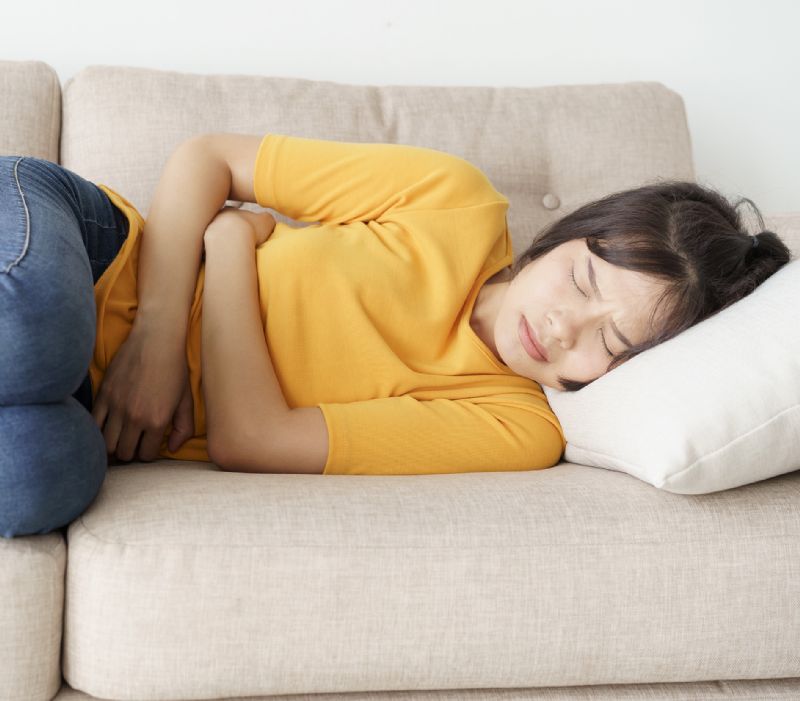- Home
- News, Articles & Reviews
We are hiring! Please click here to join our growing magazine delivery team in Gloucestershire!

Understanding cystitis
All Areas > Health & Beauty > Medical Health
Author: Kirsty Lilley, Posted: Wednesday, 27th March 2024, 09:00
Cystitis is a common urinary tract infection which results in inflammation of the bladder. The condition can sometimes get better without medical intervention after a few days and can respond well to drinking plenty of water and taking over the counter painkillers to alleviate pain.
It is usually caused by bacteria from the bowel or the gut getting into the bladder and sometimes needs treatment with medication such as antibiotics.
As cystitis is caused by a bacterial infection there are certain things which might increase the risk of getting it, including:
• Having sex – bacteria from the vagina or back passage may enter the urethra.
• Having a weakened immune system.
• Menopause – low levels of oestrogen can make the walls of the urethra thinner.
• Pregnancy – hormones and being unable to empty the bladder fully may make infection more prevalent.
• Having a catheter fitted.
• Conditions that affect the urinary tract and how it functions.
Symptoms
Typical symptoms may include fatigue and feeling generally unwell, a high temperature or being physically sick. More specific symptoms might include a burning sensation when passing urine, needing to go to the toilet for a wee more regularly, dark or strong-smelling urine, and pain in the lower abdomen.
When to seek help
If your symptoms persist after a few days and you notice blood in your urine, are feeling very unwell with a high temperature and pain or vomiting, are pregnant or have another chronic illness that affects your immune system, it’s important that you make an appointment with your GP.
After taking a medical history your GP will often be able to diagnose cystitis without further tests but, on occasion and if necessary, they may send a sample of your urine to the laboratory for further tests. Other tests might include an ultrasound scan or cystoscopy, especially if the problem keeps reoccurring.
Treatment
If the symptoms don’t clear up on their own after a few days, your GP might prescribe a course of antibiotics and you should start to feel better within a couple of days.
It is important to finish the course of treatment as prescribed, even if your symptoms clear up. If cystitis recurs or doesn’t clear up as expected, your GP may refer you to a urologist for further investigations.
Prevention
Although there is limited evidence for the following suggestions, many people report that they do help and may decrease the risk of the infection reoccurring.
• Drink plenty of fluids to help maintain hydration.
• Wear underwear that is made from natural materials such as linen or cotton.
• Always pee as soon as you feel the need to go.
• Wipe from front to back after emptying your bowels.
• Go for a pee as soon as you can after having sex.
• If you have been through the menopause, explore using oestrogen replacement vaginal creams or gels.
If you are concerned about any symptoms, talk to your GP or local pharmacist who may be able to offer advice and support.Copyright © 2026 The Local Answer Limited.
Unauthorized use and/or duplication of this material without express and written permission from this site's author and/or owner is strictly prohibited. Excerpts and links may be used, provided that full and clear credit is given to The Local Answer Limited and thelocalanswer.co.uk with appropriate and specific direction to the original content.More articles you may be interested in...


© 2026 The Local Answer Limited - Registered in England and Wales - Company No. 06929408
Unit H, Churchill Industrial Estate, Churchill Road, Leckhampton, Cheltenham, GL53 7EG - VAT Registration No. 975613000You are leaving the TLA website...
You are now leaving the TLA website and are going to a website that is not operated by us. The Local Answer are not responsible for the content or availability of linked sites, and cannot accept liability if the linked site has been compromised and contains unsuitable images or other content. If you wish to proceed, please click the "Continue" button below:




